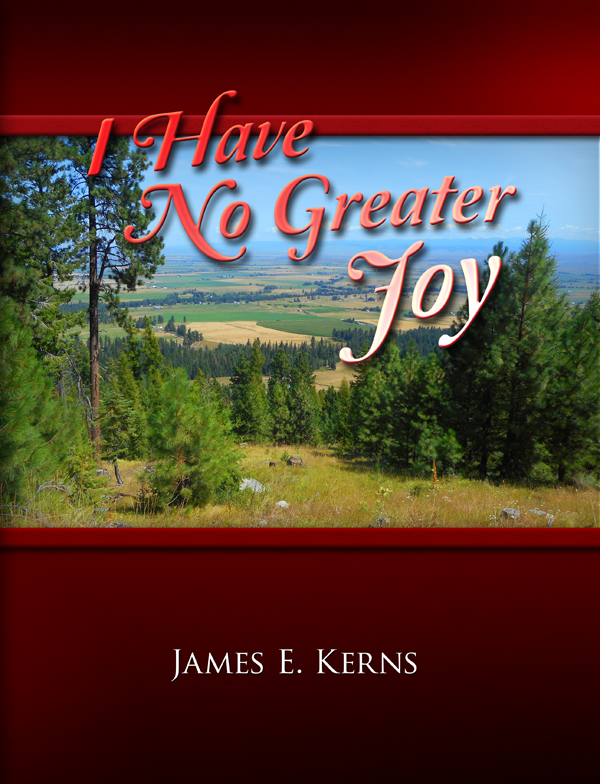Categories: All Articles, Book of Mormon, Doctrine & Covenants, I Have No Greater Joy, Jesus, Study
Plainness
Joseph Smith made the statement that “the Book of Mormon was the most correct of any book on earth, … and a man would get nearer to God by abiding by its precepts, than by any other book.” (Introduction to the Book of Mormon).
A major reason for that lies in its plainness. Nephi delighted in plainness (2 Nephi 25:4), and took pains to write plainly, that he would not be misunderstood. (2 Nephi 25:20). His prophet successors followed his example. The result is a book that is interesting, instructional, inspirational, and intriguing. It is a book which should be read again and again. Indeed, he who reads it most likes it best, and he who reads it most, benefits most.
I made these statements to my wife just after she’d finished rereading it, and ended by saying, “It’s my favorite book.”
For the most part she agreed, but added, “I still like the Doctrine and Covenants. It’s plain, too. It didn’t exist when Joseph Smith made the statement about the Book of Mormon, and I can get close to God by reading the Doctrine and Covenants, too.”
That’s a wonderful observation. Both of those books are plain to the understanding—much more so than the Old and the New Testaments. The Book of Mormon is “another testament” of Jesus Christ. It’s all about Him. Anyone who loves Jesus Christ has to love that book. The prophets who wrote therein all wrote about Him.
The Doctrine and Covenants (“Our Testament,” Wilford Woodruff called it) is not only about Christ, but was also dictated by Christ. Many of the sections therein are His own voice speaking to us. As you read the book you can hear His voice and get a sense of His kindness, compassion, and the depth of His love for us. It is a truly marvelous book, and plainly states doctrines that cannot be pieced together from the other books of scripture.
Examples are the doctrines of eternal marriage, the eternity of the family unit, the destiny of the earth, the power and centrality of the Priesthood, the organization of the Church, the law of health, the purpose of temples, work for the dead, the three degrees of glory, and clarity about the spirit world and where we go when we die. We would still be in the dark on all of these truly stunning doctrines if we only possessed ancient scriptures.
The Doctrine and Covenants is unique because it is of modern origin. It is unique because much of it is written in the first person, in Jesus Christ’s own voice. It is unique because, having read it, “you can testify that you have heard (His) voice, and know (His) words.” (D&C 18:36).
I think that I would have to agree with Marjorie’s augmentation of Joseph’s words when she says that a person can get closer to God by reading these two plain books (the Book of Mormon and Doctrine and Covenants) than by reading any other book.
